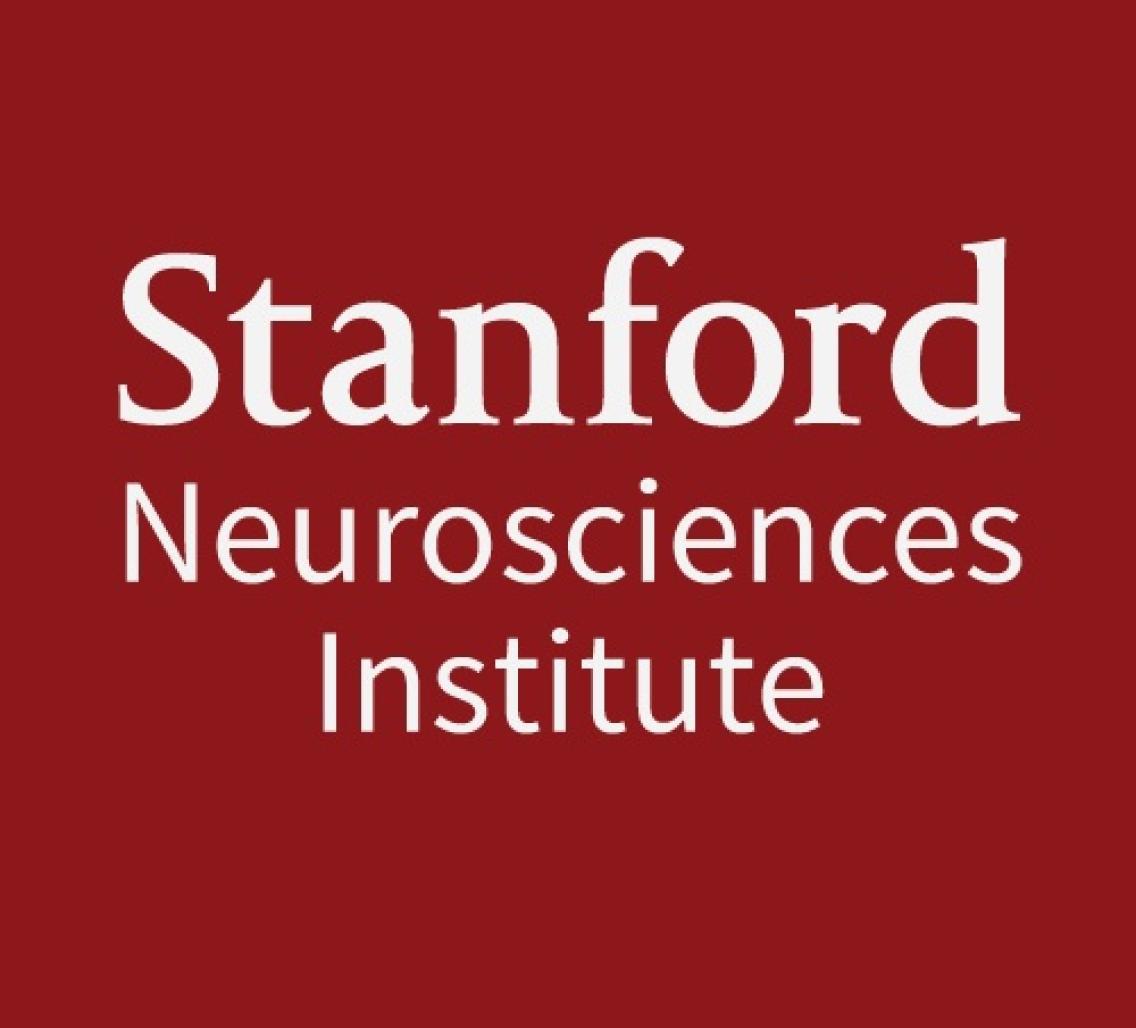Event Details:

Stanford Neurosciences Institute Seminar Series Presents
Dissecting neuromodulatory circuits and signaling in affective behavior
Michael Bruchas, Ph.D
Associate Professor, Departments of Anesthesiology and Neurobiology, Washington University in St. Louis
Host: Amelia Christensen (Schnitzer Lab)
Abstract
Stress and affective behaviors are largely controlled by specific neurotransmitters and their receptors in the central nervous system. Many of these signals are conveyed through activation of both neuropeptide (i.e. CRF and Opioid) and monoamine (norepinephrine, dopamine, serotonin) receptor systems. These receptors are seven transmembrane spanning G-protein coupled receptors (GPCR) and they can stimulate a variety of signaling cascades following neurotransmitter/neuropeptide release. The Bruchas laboratory uses a multimodal effort to uncover neuromodulation from the receptor, signaling, circuits, and systems level analysis. Here I will describe two recent developments in the laboratory. Neurobiological studies of neuropeptides in motivation and technology development for dissecting neuromodulation in vivo. I will discuss recent advances in optogenetic technology including development and implementation of wireless optogenetic, optofluidic, and wireless photometry devices for in vivo behavioral measures. I will present unpublished data of a novel brain region subnuclei containing a relatively novel neuropeptidem in the peri-ventral tegmental area that gates motivated behavior. We find that chemogenetic and optical control of this neuropeptide system results in differences in motivation, reward and aversion behavior. We also identify a critical corresponding VTA neuromodulatory receptor system that mediates this neuropeptide’s effects on motivation. In sum, I will highlight some recent biological advances from our laboratory that dissect the role of neuromodulation in motivated behavior as well as feature some new technology development associated with these long term efforts.